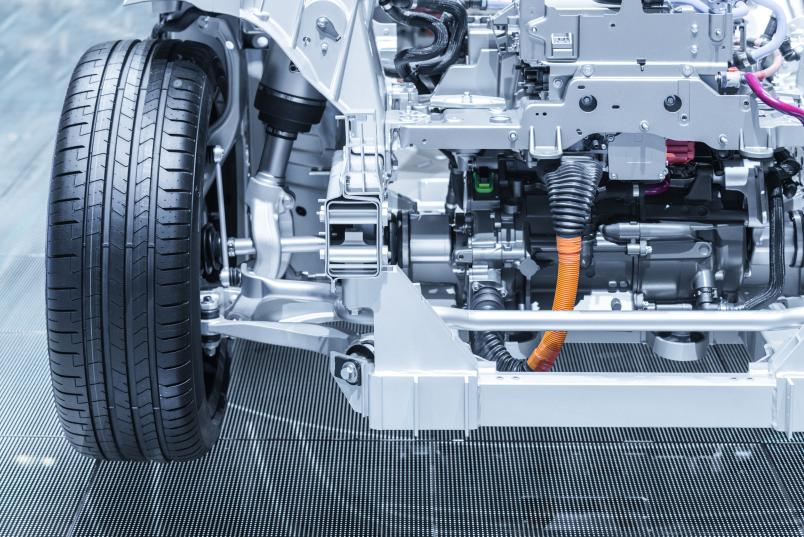
The increasing restrictions on vehicle consumption and emissions has led automotive companies to profoundly rethink the vehicle, with a clear trend towards electrification.
The availability of fast connectivity, permitted by the 5G networks, of on-board sensor systems, of ever more powerful computing capacities will make the vehicle of the near future connected and autonomous.
On the other hand, the issues of additive manufacturing and industry 4.0 are leading to a radical rethink of production processes.
In recent years, therefore, the car industry has given strong priority to these issues, asking universities for product and process engineers capable of engaging with systems distinguished by all these strongly interdisciplinary issues. The Bachelor's degree programme in Automotive Engineering degree is in line with these requirements.
In Year 1 you will take the core subjects common to all engineering programmes (mathematics, physics, chemistry, and IT) and you will study English.
In Year 2, you will take the basic subjects (design, physics and advanced mathematical analysis), continuing into second semester with more specific disciplines, such as applied mechanics, materials science, electrotechnics and electronics.
In Year 3, you will further explore specific topics like the construction of cars, production technologies, thermal mechanics, electrics and automatic controls.
In addition, you will study the most current issues related to the motor vehicle, such as reducing consumption, emissions, and the environmental impact, as well as autonomous and connected vehicles.
At the end of the programme, you will develop a thesis project that will allow you to independently put in practice the skills that you have gained over the years. You will present this project during a public oral defence.

The degree programme is Italian-taught and English-taught for the first two years, while it is entirely English-taught in Year 3, in considetation of the fact that automotive engineering is physiologically international.
You will attend lectures, classroom exercises, digital and experimental laboratories, and you will take part in study visits of plants and laboratories where you will immediately understand the complexity of the market that you are passionate about.
But, most importantly, beginning from Year 3, you will participate in the design and creation of prototypes within student design teams that compete in international university competitions.
The race team competes every year in Silverstone (UK), Hockenheim (Germany), Varano (Italy). The vehicles are designed with the most advanced software (Catia, Autocad, Hypermesh, and Matlab are some of the main ones) and are produced with innovative, high-performance materials.
The H2polito team builds road cars and other vehicles, by engaging with professionals in the sector at an international level.